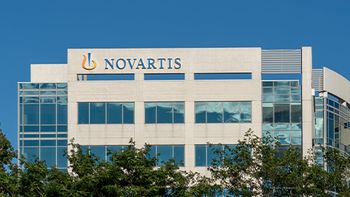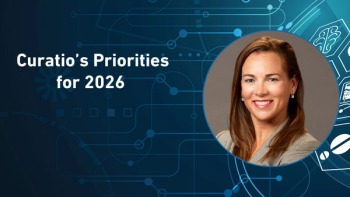
- Pharmaceutical Commerce - March 2009
Pharma reevaluates CME sponsorship
Drugmakers face difficulty justifying expenses amid restrictions
The pharmaceutical industry in the U.S. may decide to discontinue sponsorship of continuing medical education, says Jordan Stone, research analyst at Cutting Edge Information (Research Triangle Park, NC). Limits to the communication between drug company sponsors and speakers at CME events are making it difficult for drugmakers to justify the funding. Compliance with such limits, already spelled out in Accreditation Council for Continuing Medical Education (ACCME) guidelines, becomes mandatory in August.
“This issue of shutting out industry control or recommendation kept cropping up in our recent interviews with industry people dealing with CME,” says Stone, lead author of the report, Key Opinion Leaders: Relationship Management and Segmentation Data, which aids drugmakers in thought leader management strategies. “All of those interviewed either mentioned it or spoke directly to these policies and their effects.”
ACCME stipulates that sponsors may not specify how the money is spent or even review drug-related data delivered by a key opinion leader during a speech. And such restrictions may become more stringent as policymakers around the world continue to question the relationship among doctors, academics, and the pharmaceutical industry.
“One major concern stems from a company’s inability to fact-check an educational speech, creating the possibility that a physician may accidentally lecture using inaccurate information,” says Stone.
Public concerns abound that pharmaceutical industry-sponsored CME results in a conflict of interest. A recent publication of the UK Royal College of Physicians, for example, advocates a gradual reduction of pharmaceutical industry-sponsored continuing medical education in the UK. “Continuing professional development programmes are too dependent on industry support. Royal colleges and faculties, together with NHS institutions, need to rethink their role in postgraduate education…. New ways should be found to reduce the reliance of postgraduate medical education on sponsorship by pharmaceutical companies and the wider biomedical industry,” according to Innovating for health: Patients, physicians, the pharmaceutical industry and the NHS, published by the college in February.
Articles in this issue
over 16 years ago
EFPIA Moves Forward on Product-Identification Demoover 16 years ago
Sud-Chemie Package Wins Pharma Pack Award for Bristol-Myers Squibbover 16 years ago
Regulatory Focus on Off-Label Promotion Is Risingover 16 years ago
75 Years of SoftGel Capsulesover 16 years ago
Will Closed-Loop Marketing Energize the Pharma Sales Process?over 16 years ago
People on the Move-AprilNewsletter
Stay ahead in the life sciences industry with Pharmaceutical Commerce, the latest news, trends, and strategies in drug distribution, commercialization, and market access.





